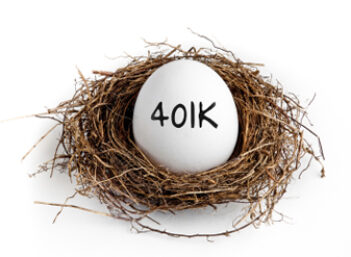What is a Savings Incentive Match Plan for Employees of Small Employers (SIMPLE)?
The Savings Incentive Match Plan for Employees of Small Employers (SIMPLE) is a salary savings plan that small companies can offer their employees. The plan allows employers to match their employees' annual contributions or to infuse a smaller mandatory amount in the absence of employee contributions.
How Does a Savings Incentive Match Plan for Employees of Small Employers (SIMPLE) Work?
The SIMPLE employee savings plan was created in 1996 to allow small companies with fewer than 100 employees to offer tax-deferred retirement plans to their staff in lieu of 401K plans for which they may not qualify. The SIMPLE savings plan is usually done through an individual retirement account (or IRA) into which an employee may make tax-deferred contributions from his or her salary. The company may contribute amounts that match those of respective employees up to 3% annually. Should employees elect not to make contributions to their SIMPLE retirement plans, the company is mandated to contribute an amount equal to 2% of respective employees' salaries. In either case, the total amount contributed by the company to its employees' SIMPLE plans is credited to the company as a tax deduction.
To illustrate both scenarios, suppose company XYZ sets up a SIMPLE IRA for their employee Bob. During the year Bob contributes $300, which is 3% of his annual $30,000 salary. Company XYZ matches this contribution with an additional $300. Bob benefits by now having a total of $600 in his SIMPLE IRA, and XYZ benefits by getting a $300 tax credit.
The following year, however, Bob elects not to contribute any of his $30,000 salary to his SIMPLE IRA. Company XYZ, subsequently, contributes $200 (or 2% of Bob's salary) to Bob's SIMPLE IRA as mandated by law, and receives a $200 tax credit.
Why Does a Savings Incentive Match Plan for Employees of Small Employers (SIMPLE) Matter?
The SIMPLE retirement plan benefits small companies as well as their employees by offering the opportunity for an employee retirement benefit as well as valuable tax credits the company's matching contributions.



